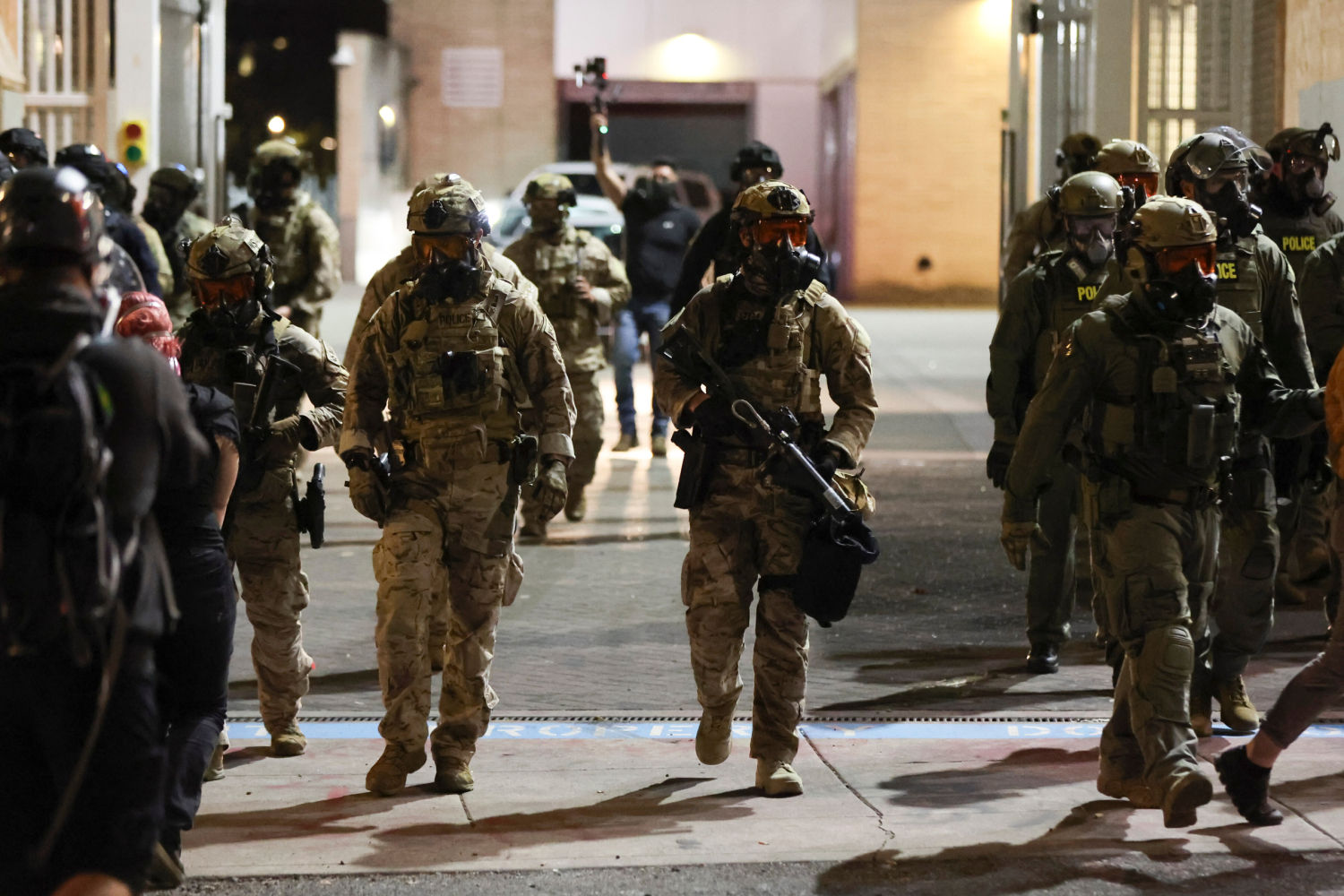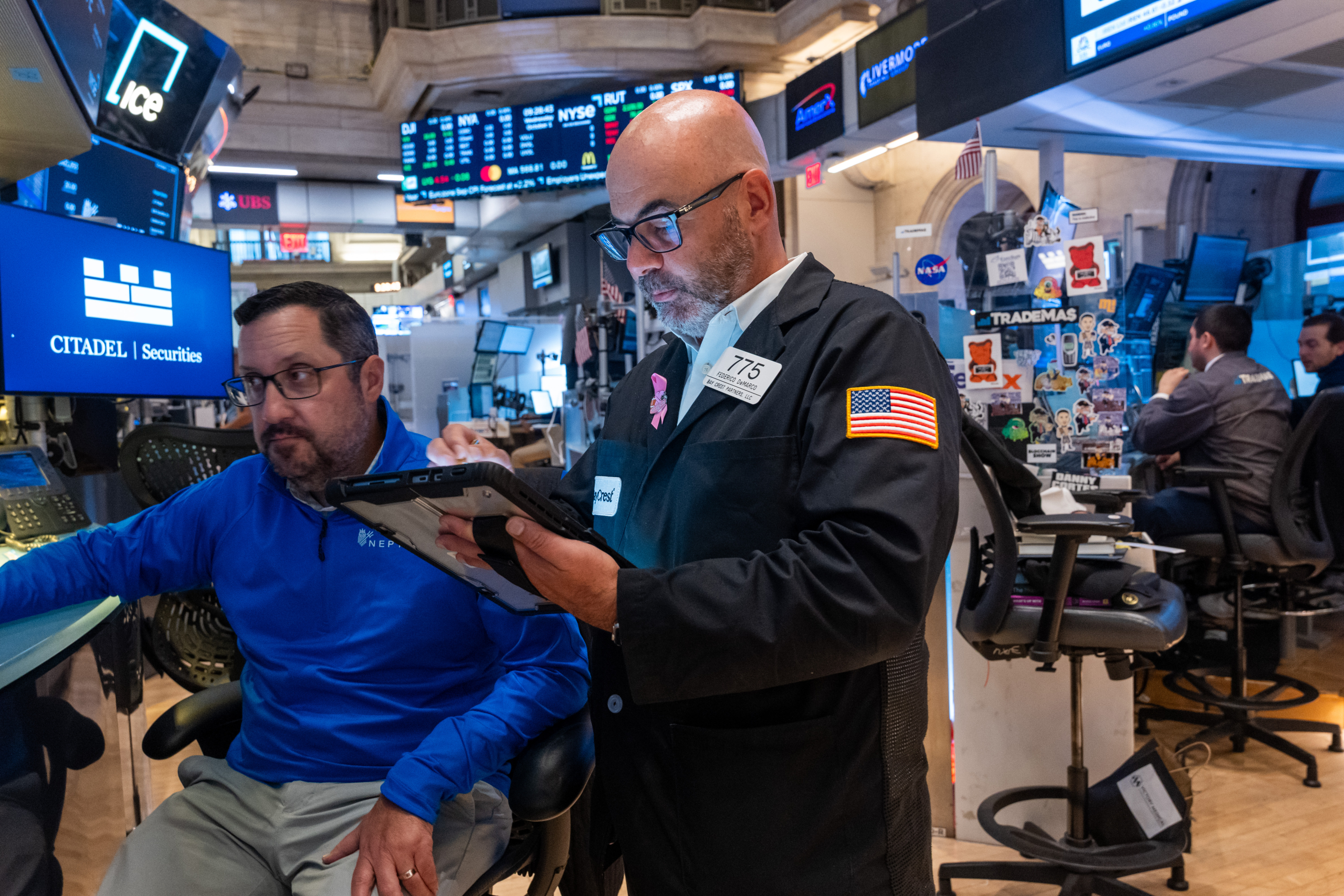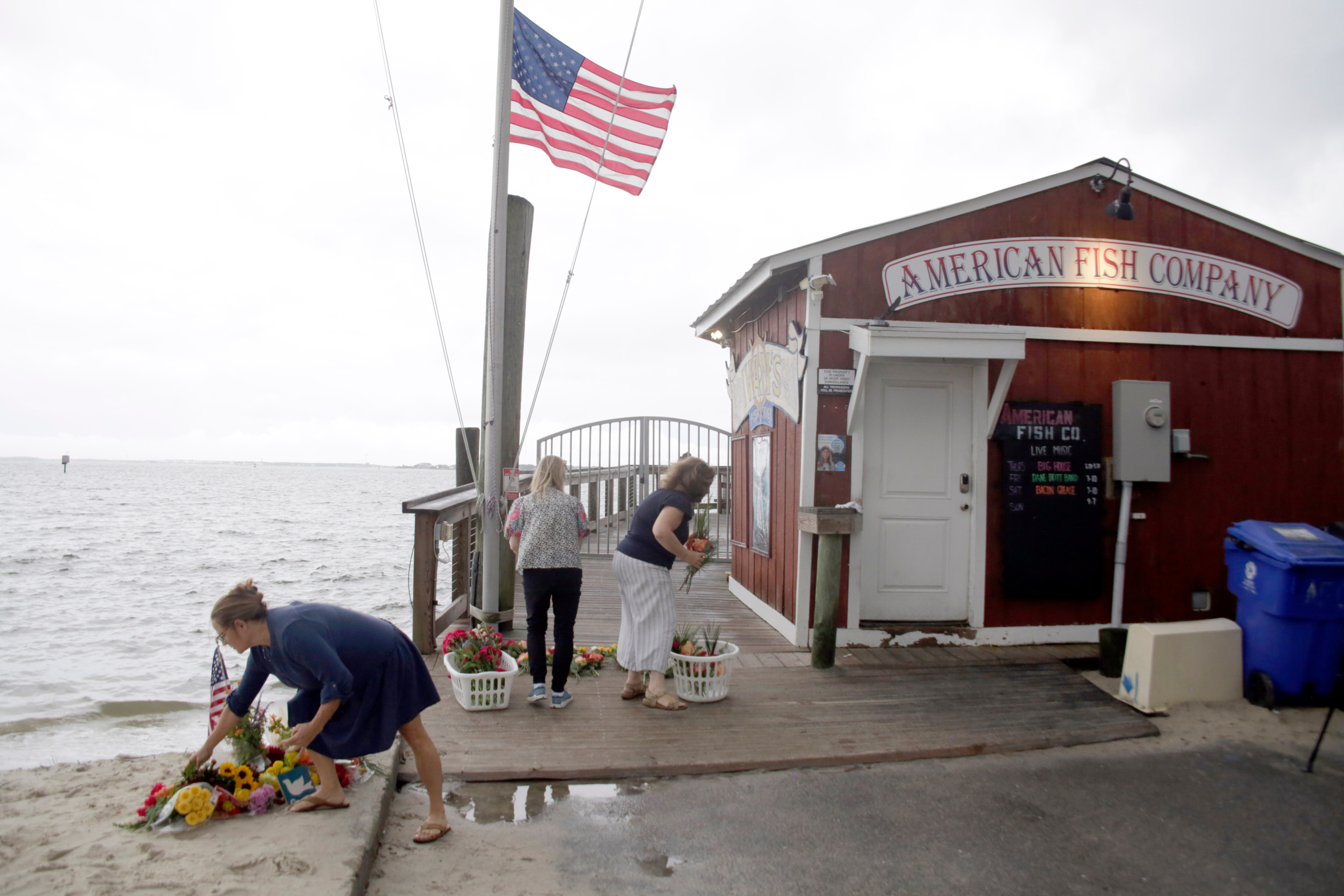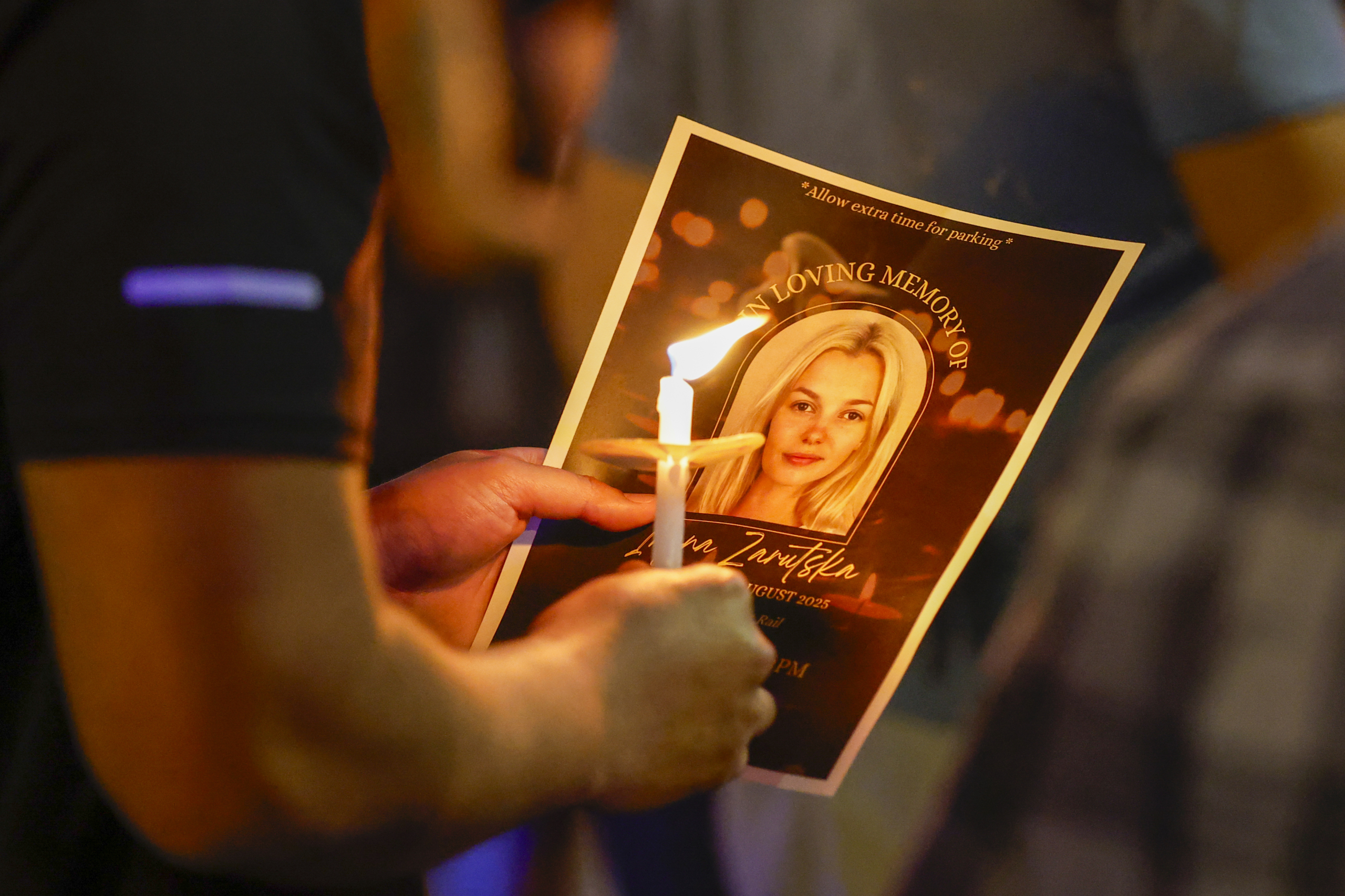By DIDI TANG and JOSH FUNK Associated Press
WASHINGTON (AP) — President Donald Trump is planning a significant aid package to U.S. soybean farmers to help them survive China’s boycott of American beans in response to his trade war even as the president says he is still seeking a soybean deal with Beijing.
But farmers are worried that time is quickly running out to reach a deal in time to sell any of this year’s crop to their biggest customer.
Treasury Secretary Scott Bessent on Thursday said on CNBC that the public could expect news of “substantial support for our farmers, especially the soybean farmers” as soon as Tuesday.
Details of the aid package are unknown, but it would come as the world’s two largest economies have been unable to reach a trade deal and China has halted purchases of U.S. beans. China, the biggest foreign buyer of American soybeans for many years, last bought American beans in May and has not bought any for this harvest season, which began in September.
“The Soybean Farmers of our Country are being hurt because China is, for ‘negotiating’ reasons only, not buying,” Trump wrote in a Truth Social post on Wednesday. “We’ve made so much money on Tariffs, that we are going to take a small portion of that money, and help our Farmers.”
“I’ll be meeting with President Xi, of China, in four weeks, and Soybeans will be a major topic of discussion,” Trump wrote.
The soybeans that China imports largely for oil extraction and animal feed are an important crop for U.S. agriculture because they are the top U.S. food export, accounting for about 14% of all farm goods sent overseas and China has been buying 25% of all American soybeans in recent years.
U.S. farmers grew $60.7 billion worth of soybeans, or nearly 4.3 billion bushels, in the 2022-2023 marketing year, according to the American Soybean Association. Just over half were exported. Illinois is the top soybean growing state, but Iowa, Nebraska and Minnesota are also large producers.
Trump and Chinese President Xi Jinping are expected to meet on the sidelines of the annual summit of the Asia Pacific Economic Cooperation grouping, to be held at the end of October in South Korea.
In Trump’s first trade war with China, he gave American farmers more than $22 billion in aid payments in 2019 and nearly $46 billion in 2020, though the latter also included aid related to the COVID pandemic.
Time is running out
Caleb Ragland, a Kentucky farmer who serves as president of the American Soybean Association, welcomed Trump acknowledging the difficulties faced by farmers. He said actions are needed to prevent many farmers from going out of business.
Before the trade war, farmers were already pinched by high costs and low crop prices, he said. Then, their biggest customer vanished.
“It’s just unfortunate that we’re being used as a bargaining chip in this trade war that’s not of our own doing,” Ragland said.
He said time is running low for the two governments to strike a deal, because China has already ordered soybeans from countries such as Brazil and Argentina for deliveries through December and, if there’s no soybean deal soon, China could skip the U.S. entirely.
“If they get another couple months, they’re into new crop soybeans in Brazil and Argentina. And they’re going to bypass us altogether if we’re not careful,” Ragland said.
Deal is still likely
China has slapped 20% tariffs on U.S. soybeans since Trump announced his tariffs on the world in the spring, making U.S. beans uncompetitive in price.
The retaliatory tariffs are in response to Trump’s new import taxes on Chinese goods over allegations that Beijing has failed to stem the flow of chemicals used to make fentanyl as well as Trump’s across-the-board “Liberation Day” tariffs, which have been reduced to the 10% baseline rate.
Observers say China could ease tariffs on U.S. farm goods should the White House walk back on fentanyl-related tariffs. That has yet to happen.
The White House “has not prioritized fentanyl” since this spring, said Sun Yun, director of the China program at the Washington-based think tank Stimson Center. She said Wang Xiaohong, China’s public security minister, showed up in Geneva in May but met no counterpart from the U.S. to negotiate with.
But it is not time yet to write off a soybean deal, she said. “China still needs to have something to show for at the leadership meeting in South Korea,” Sun said.
Gabriel Wildau, managing director of the consultancy Teneo, said a soybean deal is “the lowest-hanging fruit” for both governments.
“China needs beans, and the U.S. has them to sell. It costs China basically nothing to shift towards U.S. beans and away from Brazil and Argentina,” Wildau said. “If Washington and Beijing can’t reach a deal on soybeans, then they don’t have much hope of reaching a deal on thornier issues like export controls.”
Argentina is a sore subject for U.S. farmers right now because on September 24, Beijing took advantage of a tax holiday in Argentina and ordered nearly 2 million tons of Argentine soybean and soy products. The tax holiday came after the U.S. signaled it would provide a $20 billion support package to help stabilize the Latin American country’s economy.
“That situation was angering to many farmers,” Ragland said. “And while I don’t think the specific intent was just to give a big chunk, give $20 billion to Argentina so that they could send China soybeans. That was the result. And the optics of it look absolutely terrible.”
Farmers prefer trade over aid
Government aid might be necessary to help farmers get through this year if they cannot sell to China, but farmers say they would rather sell their crops on the market.
“All farmers are proud of what they do and they don’t like handouts. We’d rather make it with our own two hands than have it handed to us,” Iowa farmer Robb Ewoldt said.
Meanwhile, farmers like Ryan Mackenthun, a fifth-generation farmer in south-central Minnesota, say they will do everything they can to survive.
“It’s definitely tighten the belt, to look at the inputs, look at the previous investments I made in fertilizer and see if I can stretch another year or two out of them to reduce costs but maintain the same yield projections, run equipment longer,” Mackenthun said.











